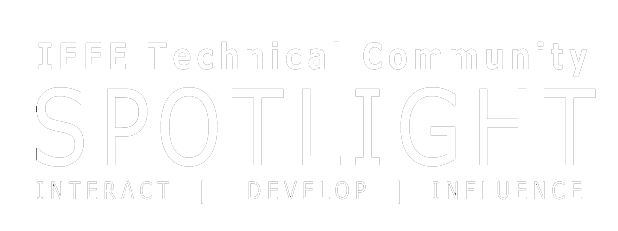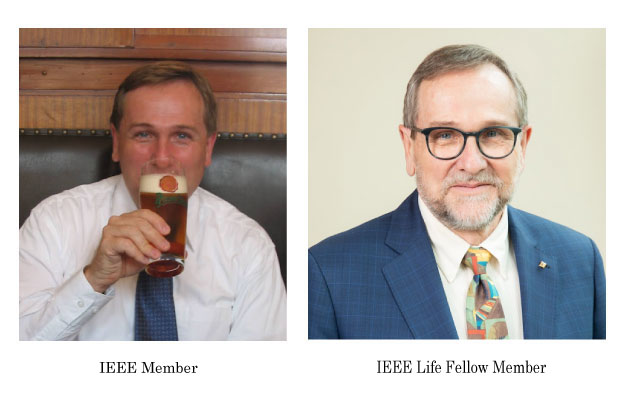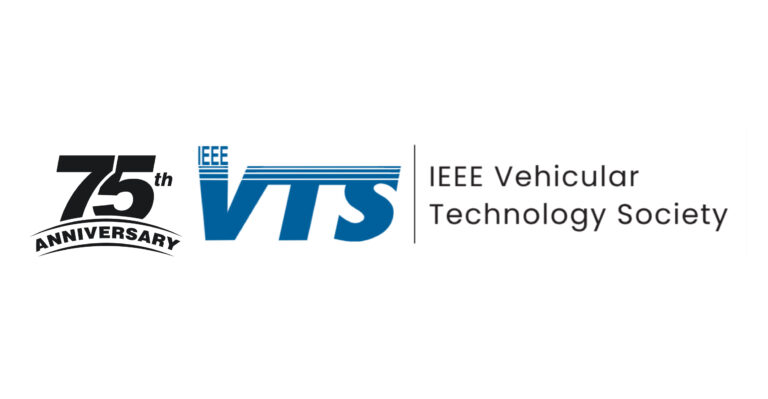
Dr. Catherine Mohr did not plan to become an engineer, nor did she anticipate matriculating in medical school. Now an asset to both fields, Mohr, Director of Medical Research at Intuitive Surgical, evaluates new technologies for incorporation into the next generation, translating complicated medical terms for use in application by engineers, and putting engineering concepts into context so that they can be better understood by practicing surgeons.
“I joke that I am trilingual!” Mohr exclaims. “I speak medical jargon, geek-speak, and English, which are three mutually unintelligible languages.” According to Mohr, being able to describe medical concepts which come from a very biological mindset and point of view, and being able to describe them in the more structured language that engineers use in terms of forces and fundamental underlying principles is an extremely useful talent. “The medical world doesn’t think that way, and so engineers find it very foreign; the medical world can’t understand the context in which engineers are asking specific questions.” In addition to her career obligations, Mohr has recently re-engaged with IEEE and given several context-setting talks at conferences, trying to help people understand “what problems need engineering solutions in the medical world, because [she] can describe it in the way that an engineer would think.”
Perhaps few people are better positioned to do so. Growing up, Mohr admits, she didn’t know much about engineering: her father was a biochemist, and her mother a biostatistician. “Engineering was a bit of a trade; pure science was more seen as a noble pursuit in the academic view of the world.” It wasn’t until Mohr enrolled at MIT – declaring a chemistry major until switching to mechanical engineering in her sophomore year – that she later realized her interests aligned with engineering. A bicycle racer who worked as a bicycle mechanic in high school, Mohr viewed the job as interesting because she loved bicycles, and not because she realized she was an “inveterate tinkerer.” She adds, “All of my interests that I later realized were very engineering-oriented were things I always thought of in the other context: where I was interested purely in the thing.”
While working on a friend’s solar car racing team, Mohr experienced her moment of truth: “I discovered how much I loved tinkering, making things, learning how to build something. It was sort of a smack upside the head to recognize, ‘Oh, THIS is who you are, and people who are like this really enjoy being engineers!’” She pursued a career in the realm of electric cars and fuel cells, with the pursuit of medical school never occurring to her until she once again re-examined her career path about five years out of graduate school. “It was sort of a realization that the path through the ranks of an engineering company led to being the person who was managing the people who were managing the people who were doing what I had originally gotten into engineering for.”
Mohr realized how much she had loved the operating room in the past, when she had been given several opportunities to observe some surgical device cases. And it was no longer simply the idea of “tinkering” or “making things” that appealed to her, but a concept that reached further outside self-interest: “I really loved the immediacy and the leverage. Instead of building an electric car that may someday be adopted in a varied adapted form 15-20 years later and move society in kind of indistinct ways, making a medical device has a very immediate and direct effect on the lives of thousands of people.” She continues, “That resonated very strongly with me, and so that was really in a lot of ways what led me to medical school and to add medicine on to my engineering.”
As Mohr reshaped her career path several times through periods of what she calls “soul-searching,” she notes that this same ability to be adaptable and open to new possibilities is paramount to becoming a successful engineer. Of speaking to groups, Mohr says, “I emphasize that [engineers] need full toolboxes, really good thinking skills, and to be ready to look for kinds of emerging technology that are going to be really, really disruptive. They must think how they can adapt what it is that they’re doing to fit these technologies.” Of her own experience, she states, “When I went off to medical school, robotics was only just starting to show up in medicine. The landscape was different from the I began and the time I left. My plans changed radically; instead of becoming a practicing surgeon and doing device design on the side, I wanted to be in the thick of this new development of robotics into surgery. I felt I could bring that together. That is really the characterization of my career.”
And medical technology continues to evolve, with Mohr positioned on the forefront, admittedly opportunistic. “In the long run, our technology cycles are not dominated by evolutionary change within particular fields, but by disruptive exponential change in adjacent technologies that come in and either make an entire field obsolete, or change it so fundamentally that it’s not recognizable.” She uses her own career focus as an example, citing that, currently, massive reconstructions are necessary to treat many cancers as they often are found late, involve multiple organs, or are very invasive. “The tumor must be cut out, and then all the right plumbing needs to be done to give people more functionality again.” With improved diagnoses, detection, and screening processes, such as locating cancers through biomarkers found in saliva, urine, and blood, tumors of the future will likely be found when they’re very small, thus changing the face of surgery.
As massive surgery is such a pivotal point in a patient’s life, people will be less likely to define themselves using terms like “before surgery” and “after cancer.” Thinking ahead, Mohr focus on questions such as “What psychological burdens do people have?” or “What do people worry about?” As we get to the point of understanding diseases “from the molecular point of view and being able to intervene in the actual disease state,” Mohr insists that we will transition from what she calls the era of “big medicine” to one of “small medicine,” or – perhaps more controversially – “the end of healthcare.” Mohr translates this into terms of current events, while drawing from the past. “The burden of worry will be gone. When we think about what our grandparents worried about from their health point of view, it was infectious disease. We intervene in the cycle of infectious disease with vaccines, which have profoundly and fundamentally affected our lifespan. We will intervene in the cycle of chronic diseases and cancer with these molecular diagnostics, and these microtherapies.”
Mohr insists that IEEE is well-positioned to make these ideas accessible to the general public; she is adamant that such an endeavor is not just possible, but necessary. Mohr explains the current “war against science” as a time when “scientists and engineers are personally respected, but the information that comes out of the kind of work we do is easily dismissible by people with an ability to google anything that supports their current opinion.” As such, she argues that scientists in general have an enormous responsibility in terms of even simply laying the framework within which people can interpret new information that is being disseminated, and new inventions that are being publicized. “People must be equipped with a better understanding of what the scientific method actually is; how doubt is a natural part of scientific discourse; that changing one’s mind is a natural part of it all, because when new data comes along you have to change your models. Changing mind and model is not some kind of fundamental failure of science; it is, in fact, a triumph of science and engineering.”
Mohr warns again against the perils of rejecting technologies that we don’t understand, and urges us to adapt to them in a similar way to how her own career evolved: through evolution and understanding. “We need the wisdom as a society to be able to evaluate new things and not embrace a new technology just because it’s there, but to really become more technologically literate and understand when it has real value. The degree to which IEEE can be doing that, given that it sits on the much more neutral ground of technology, would be a major service to the world at large.”
Resource Links:
- IEEE Engineering in Medicine and Biology Society
- IEEE Life Sciences
- IEEE Robotics and Automation Society
- IEEE Society on Social Implications of Technology
- IEEE Women in Engineering





